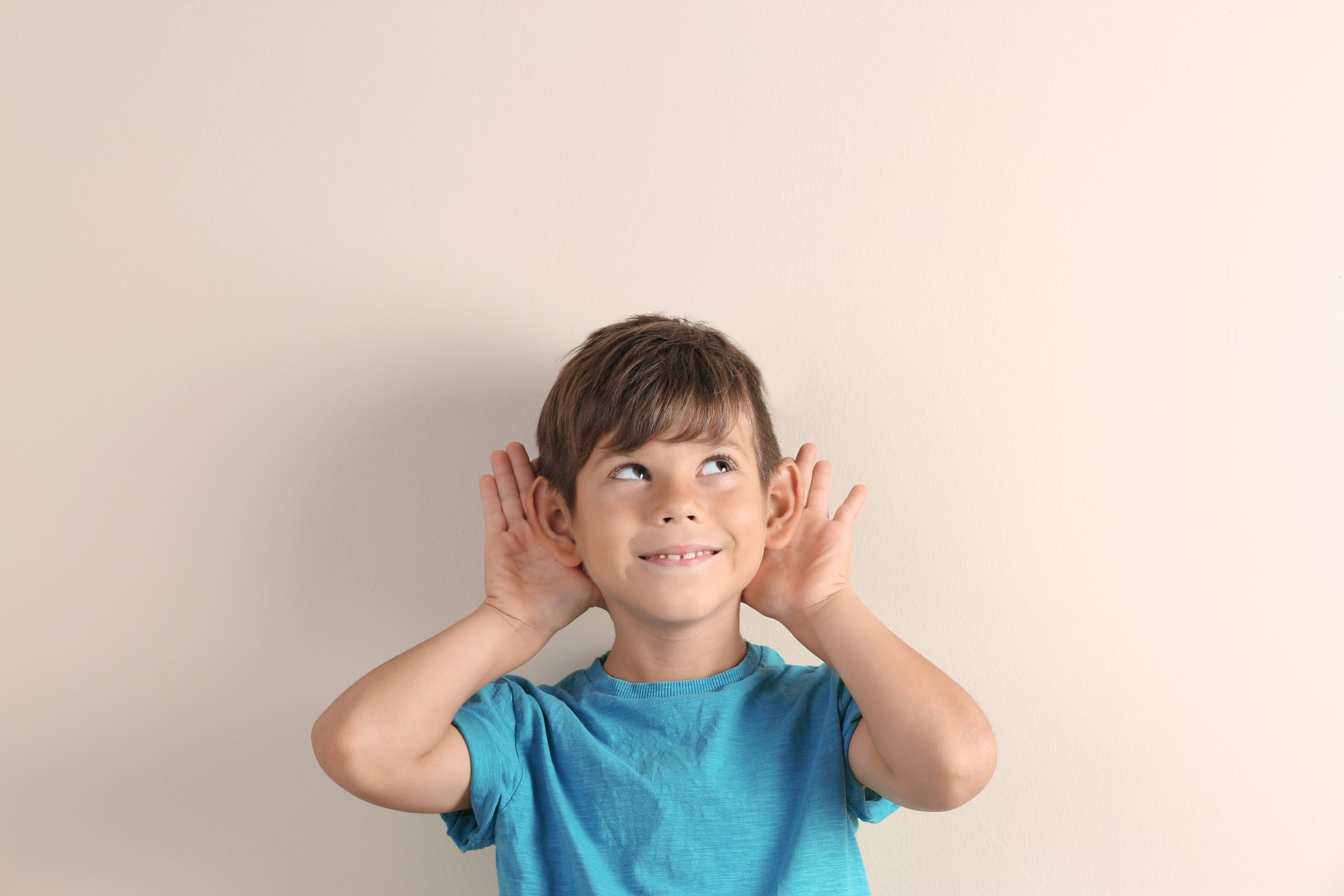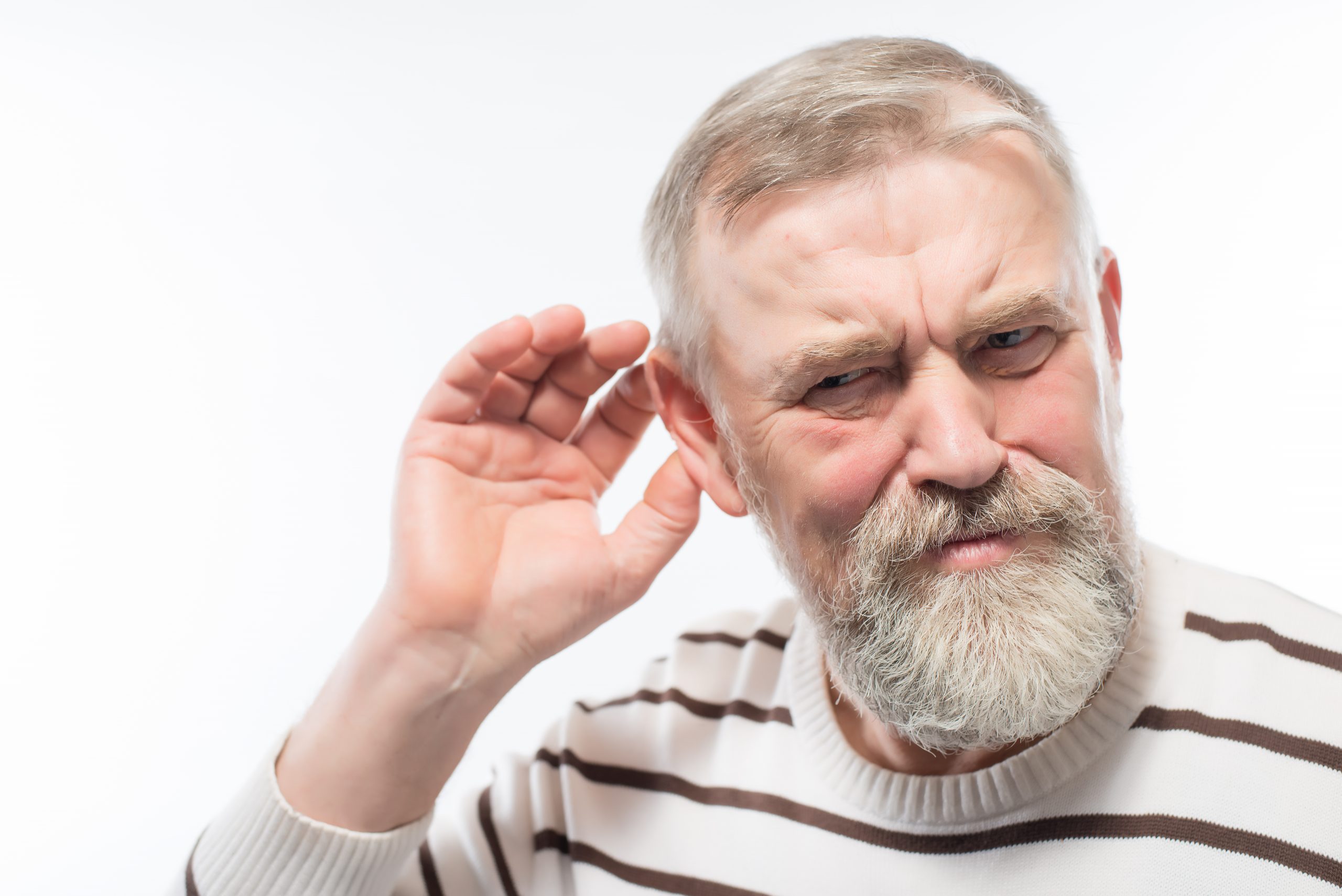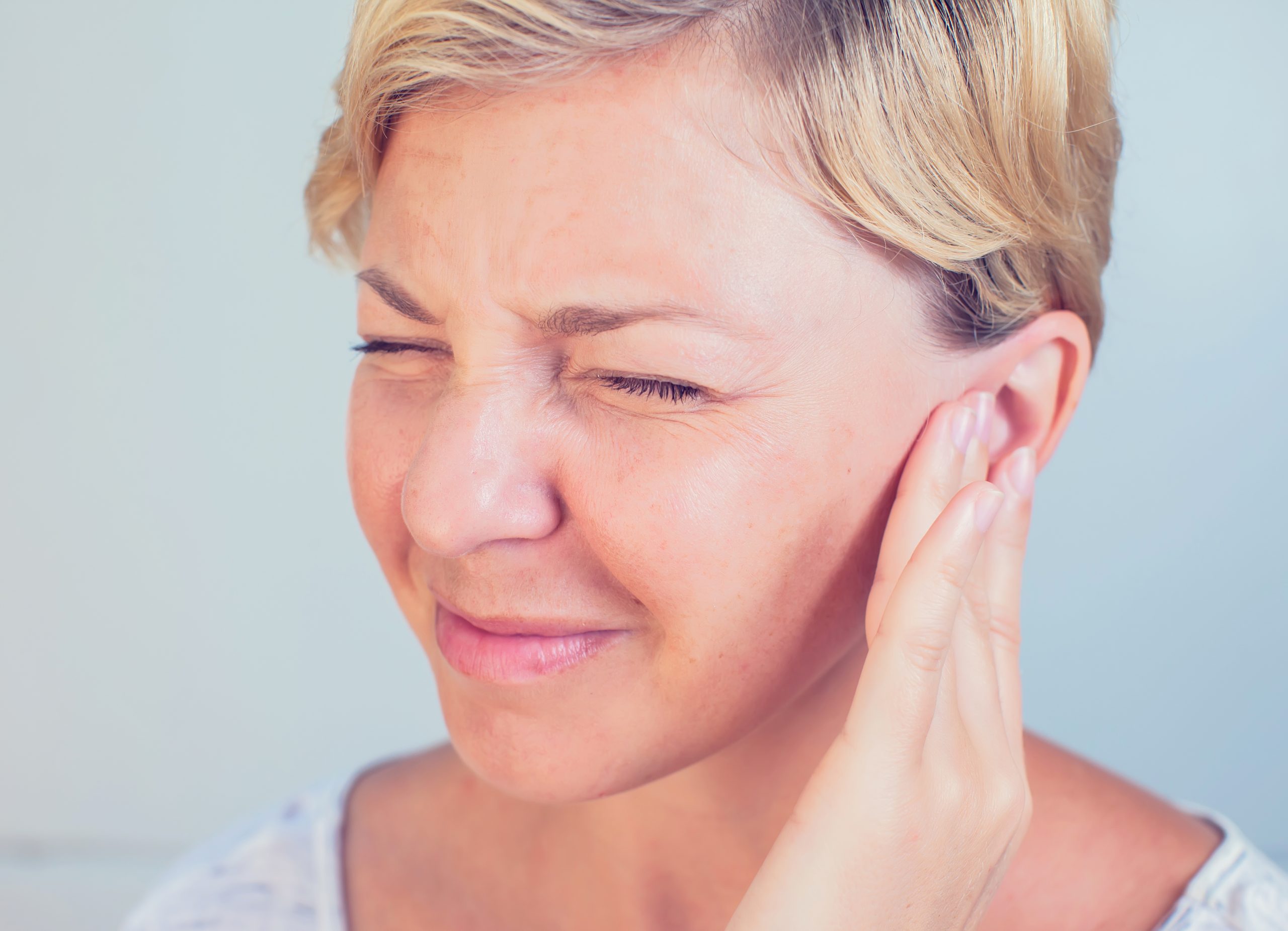Hearing is a vital sense that connects us to the world around us. It allows us to communicate, enjoy music, appreciate the sounds of nature, and engage in social interactions. However, the significance of hearing health extends beyond the ability to hear sounds. It plays a crucial role in our overall wellness and quality of life. In this article, we will explore the importance of hearing health and how it impacts our well-being.
- Communication and Social Engagement:
Good hearing is essential for effective communication and social interactions. It enables us to understand conversations, engage in meaningful discussions, and maintain connections with our loved ones. Hearing loss can lead to difficulties in understanding speech, which can result in social isolation, withdrawal, and feelings of loneliness. By preserving our hearing health, we can maintain active participation in social activities and enhance our overall well-being.
- Cognitive Function and Mental Health:
There is a strong link between hearing health and cognitive function. Research has shown that untreated hearing loss is associated with an increased risk of cognitive decline, dementia, and cognitive impairment. Struggling to hear and understand sounds can place a cognitive load on the brain, leading to mental fatigue and decreased cognitive performance. By addressing hearing loss and maintaining good hearing health, we can support our cognitive function and promote better mental well-being.
- Safety and Awareness:
Good hearing is crucial for our safety and awareness of our surroundings. It allows us to hear warning signals, sirens, and other important auditory cues that alert us to potential dangers. For example, being able to hear a car horn while crossing the street can prevent accidents. By prioritizing our hearing health, we can enhance our overall safety and avoid potential hazards.
- Emotional Well-being:
Hearing loss can have a significant impact on our emotional well-being. Struggling to hear and understand conversations can lead to frustration, anxiety, and feelings of inadequacy. It can also affect our self-esteem and confidence in social situations. By maintaining good hearing health, we can preserve our emotional well-being and enjoy a positive outlook on life.
- Enjoyment of Sounds and Music:
Our ability to hear allows us to experience the joy and beauty of sounds and music. Whether it’s listening to our favorite songs, attending concerts, or appreciating the sounds of nature, hearing enriches our lives and adds depth to our experiences. By taking care of our hearing health, we can continue to enjoy the richness of sounds and the emotional connection they provide.
- Professional and Educational Success:
Good hearing is crucial for professional and educational success. It enables effective communication in the workplace, allowing us to collaborate, contribute, and excel in our careers. In educational settings, hearing is essential for learning, comprehension, and academic achievement. By prioritizing our hearing health, we can maximize our potential and thrive in both professional and educational pursuits.
- Prevention and Early Detection:
Taking proactive steps to protect our hearing and seeking early detection of hearing loss are essential. Regular hearing screenings and assessments can help identify any hearing issues early on, allowing for timely intervention and appropriate management. By being proactive about our hearing health, we can prevent further deterioration and ensure the best possible outcomes.
To maintain good hearing health:
- Protect your ears from loud noises by using earplugs or earmuffs in noisy environments.
- Practice safe listening habits by keeping the volume at a reasonable level when using headphones or attending concerts.
- Seek regular hearing screenings, especially if you are at risk or experiencing any signs of hearing loss.
- Maintain overall health by engaging in regular exercise, eating a balanced diet, and managing stress levels.
- Avoid the use of cotton swabs or other objects in the ears, as they can cause damage to the ear canal and





